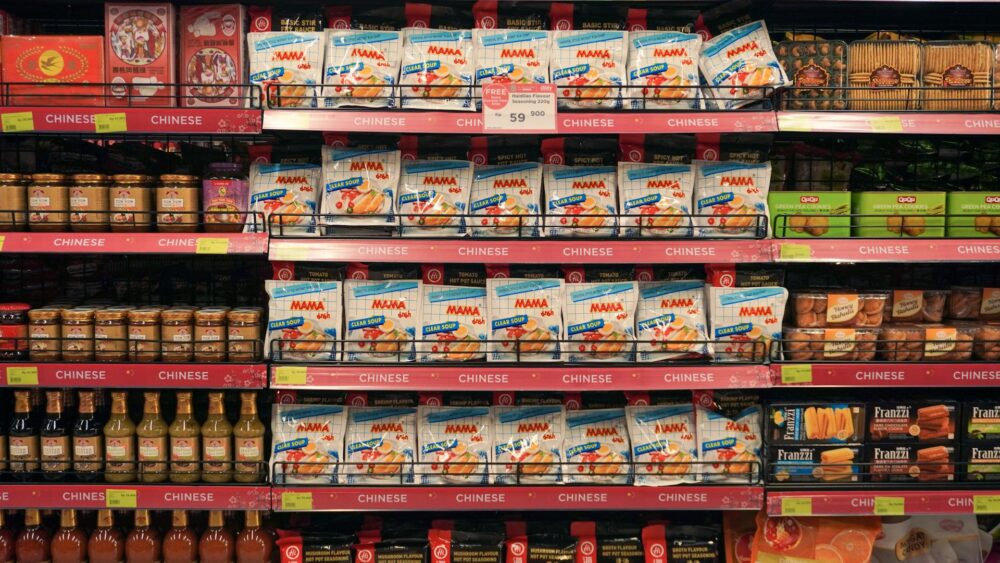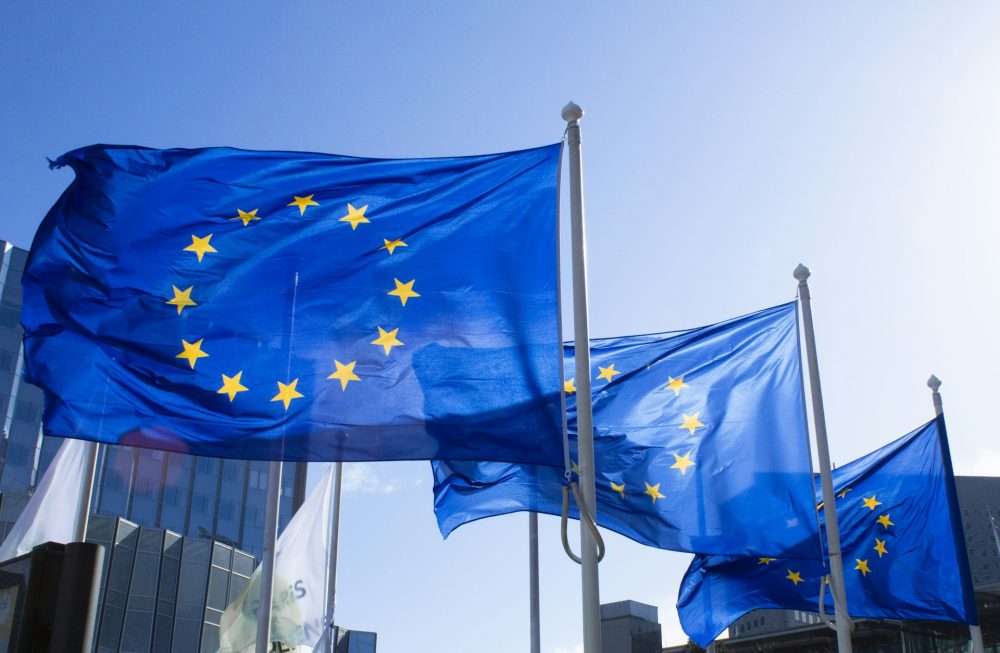Impact Investing
Unnecessary Plastic Packaging for Almost Half of Food and Drinks in Supermarkets, Research Shows
Italy generates 27.3 billion avoidable plastic packaging pieces annually, mainly from bread, meat, and dairy products. While 98% of food producers aim to reduce plastic, 25% are off track. High raw material costs and consumer resistance pose challenges. Italy ranks third in Europe for plastic packaging, with DS Smith advocating global regulations to accelerate sustainable alternatives.

Almost half (46%) of food and drink items in Italian supermarkets are needlessly packaged in plastic that can be removed or replaced with alternatives. This is what emerges from the Material Change Index research, commissioned by DS Smith and conducted by Retail Economics, which involved 1,500 food supermarkets.
This mountain of plastic packaging amounts to 27.3 billion avoidable pieces in a year throughout Italy. Most of the plastic packaging comes from: bread, rice and cereals (87%), meat and fish (86%), soft drinks (85%) and dairy products (81%).
According to the results of the research conducted among food producers and distributors, almost all respondents (98%) have taken action to reduce plastic packaging
Three in five (60%) have two years or less to reach their goals, but a quarter (25%) say they are off track to reach them. Two in five (40%) identified the cost of raw materials as the biggest obstacle, closely followed by the fear that consumers will not accept changes (39%).
Food manufacturers and retailers are concerned that packaging changes will make them uncompetitive. Seven in ten (72%) believe shoppers would not want to pay more for sustainable packaging and nearly two-thirds (65%) think they would not want to sacrifice convenience to reduce plastic.
Specifically, the Material Change Index analysed packaging materials in 25 of the most popular supermarkets in six European countries: the UK, France, Germany, Italy, Spain and Poland. The results showed that Italy’s plastic packaging rates hover around 66%, placing it joint third with Germany. The UK is the country most reliant on plastic packaging, with 70% of all food and drink items on UK shelves containing plastic, ahead of Spain (67%), Poland (62%) and France (59%).
France is the only country where less than half (49%) of groceries use plastic as the primary packaging material. This is partly due to the greater presence of fresh counters (e.g. boulangeries and fromageries) where products are sold unpackaged, and organic “bio” sections that offer bulk-buying and refill options for items such as cereals and grains.
The result in France was also driven by the country’s phased ban on plastic packaging for fresh fruit and vegetables. Even including pre-prepared and processed options (e.g. dried and processed fruit and vegetables), this resulted in the lowest plastic use in this category at 44% compared to 78% in the UK. This is expected to fall further ahead of a full ban coming into force in mid-2026 in France.
“Food companies are making progress in replacing plastic packaging, but to achieve significant change it is necessary to create shared rules at a global level” commented Paolo Marini, Managing Director of DS Smith Packaging Italia.
“The European Union has already started this journey, but the road to deplasticization is still long. To ensure a sustainable and competitive transformation, a Global Treaty on Plastics that unites everyone’s efforts, with the EU and the United States leading the way, is essential. Not all plastic can be replaced immediately, but regulating to reduce its use is the key to a future without unnecessary waste.”
DS Smith estimates that 90% of unnecessary plastic in Italy can be replaced or significantly reduced by fibre-based alternatives, and the company continues to invest in research into new solutions. This includes funding a global research, development and innovation centre designed to accelerate radical innovation in packaging and running pilot programmes with some of the largest FMCG companies.
__
(Featured image by fbelladona via Unsplash)
DISCLAIMER: This article was written by a third party contributor and does not reflect the opinion of Born2Invest, its management, staff or its associates. Please review our disclaimer for more information.
This article may include forward-looking statements. These forward-looking statements generally are identified by the words “believe,” “project,” “estimate,” “become,” “plan,” “will,” and similar expressions. These forward-looking statements involve known and unknown risks as well as uncertainties, including those discussed in the following cautionary statements and elsewhere in this article and on this site. Although the Company may believe that its expectations are based on reasonable assumptions, the actual results that the Company may achieve may differ materially from any forward-looking statements, which reflect the opinions of the management of the Company only as of the date hereof. Additionally, please make sure to read these important disclosures.
First published in ESG NEWS. A third-party contributor translated and adapted the article from the original. In case of discrepancy, the original will prevail.
Although we made reasonable efforts to provide accurate translations, some parts may be incorrect. Born2Invest assumes no responsibility for errors, omissions or ambiguities in the translations provided on this website. Any person or entity relying on translated content does so at their own risk. Born2Invest is not responsible for losses caused by such reliance on the accuracy or reliability of translated information. If you wish to report an error or inaccuracy in the translation, we encourage you to contact us

-

 Cannabis1 week ago
Cannabis1 week agoAurora Cannabis Beats Expectations but Faces Short-Term Challenges
-

 Crowdfunding5 days ago
Crowdfunding5 days agoSavwa Wins Global Design Awards and Launches Water-Saving Carafe on Kickstarter
-

 Biotech2 weeks ago
Biotech2 weeks agoAsebio 2024: Driving Biotechnology as a Pillar of Spain and Europe’s Strategic Future
-

 Business12 hours ago
Business12 hours agoDow Jones Nears New High as Historic Signals Flash Caution














